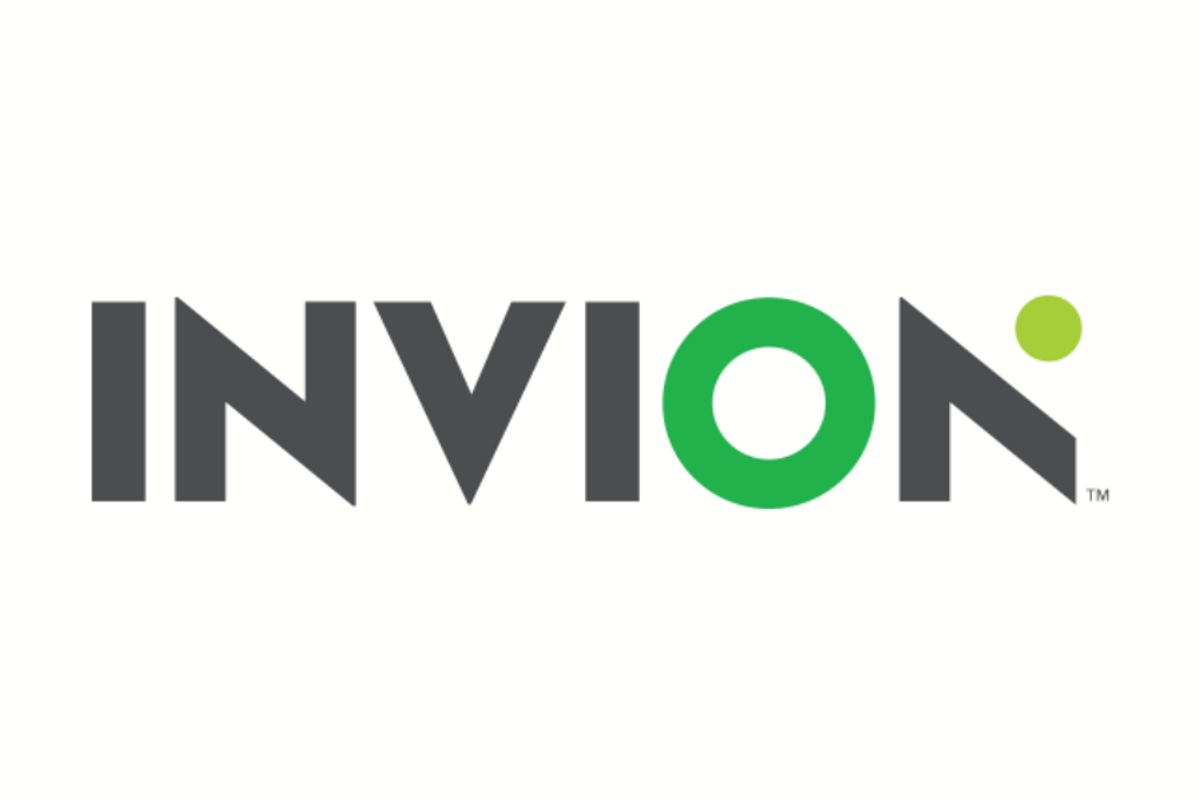
- WORLD EDITIONAustraliaNorth AmericaWorld
March 03, 2025
Invion Limited (ASX: IVX) (“Invion” or the “Company”) is pleased to announce that it has successfully completed a new share placement (Placement) to raise $2.0 million to advance research and development in Photosoft™ as a potential treatment for a range of cancers.
Highlights:
- Invion raises $2M via a share placement with the new shares priced at $0.14, a 2.5% premium to the 30-day VWAP and nil discount to last closing price
- Investors in the placement will also receive one unquoted three-year option (exercise price of $0.28) for every new share
- Proceeds from the placement will be used to:
- Recruit from a second site for Invion’s Phase I/II skin cancer trial
- Initiate a Phase I/II anogenital trial with the Peter MacCallum Cancer Centre
- Fund general working capital
- A successful outcome in the anogenital trial may enable orphan drug designation in the US to fast-track trials in the rare disease indication(s)
- Multiple milestones on the horizon, including:
- Results from the skin cancer trial
- Initiation & progress on the anogenital trial
- Updates on the glioblastoma, oesophageal cancer and HPV studies that are fully funded by Invion’s partners
The offer price for the new shares of $0.14 per share represents a 2.5% premium to the 30-day volume-weighted average price (VWAP) and a zero discount to its last closing price before the Placement announcement on 27 February 2025.
The lead manager for the Placement, Blue Ocean Equities (Lead Manager), received strong demand for the Placement, which was originally seeking to raise $1.5 million from sophisticated investors.
The Placement will comprise of two tranches:
- Tranche 1: Placement of approximately 7.0 million new shares at A$0.14 per New Share to raise approximately $1 million utilising the Company’s existing placement capacity under ASX Listing Rule 7.1A, and
- Tranche 2: Placement of the balance of shares, conditional on the Company obtaining shareholder approval at the Extraordinary General Meeting (EGM) expected to be held in April 2025.
Investors in the placement will receive one unquoted attaching option for each new share with an exercise price of $0.28 and will expire three years from issue, subject to shareholder approval at the EGM.
The Lead Manager is to receive a capital raising fee of 6% on the proceeds of the Placement and will also receive a tranche of options to an equivalent value of approximately $80,000 using a Black Scholes options pricing formula with the following inputs:
- Exercise price – each option will have an exercise price which is a 50% premium to the 15-day VWAP calculation as at the date of the placement.
- Expiry – the options will expire 2 years from the date of issuance.
- Volatility rate – 100%.
- Risk Free Rate – 5%.
The Company will lodge an appendix 3B with the ASX with these details as soon as the number of options has been calculated. These issue of these options is subject to the approval of shareholders at the EGM.
Use of Proceeds from the Placement
Proceeds from the raise will be used to recruit from a second clinical site for Invion’s Phase I/II non-melanoma skin cancer (NMSC) trial, initiate a Phase I/II anogenital trial with the Peter MacCallum Cancer Centre (Peter Mac) and for general working capital.
Invion plans to leverage the safety data from the NMSC trial to accelerate a pathway to the anogenital trial as both trials are using the same topical formulation of INV043. Anogenital cancers include penile, vulva and anal cancers, which are rare diseases.
A successful outcome in the anogenital trial may enable orphan drug designation with the U.S. Food & Drug Administration (FDA). The granting of an orphan drug designation will give Invion a faster and more cost-effective path to commercialise Photosoft for the treatment of the rare disease(s) in question.
Thian Chew, Invion’s Executive Chair and CEO, commented:
“We are delighted to welcome new shareholders to Invion via the Placement, many of whom are sophisticated investors in the biotech space that are supporting the Company after reviewing our achievements and the multiple milestones in our horizon.
“In addition to the skin and anogenital cancer trials, these milestones also include updates on the glioblastoma, oesophageal cancer and human papilloma virus studies that are fully funded by our partners.”
This announcement was approved for release by Invion’s Board of Directors.
Click here for the full ASX Release
This article includes content from Invion Limited, licensed for the purpose of publishing on Investing News Australia. This article does not constitute financial product advice. It is your responsibility to perform proper due diligence before acting upon any information provided here. Please refer to our full disclaimer here.
IVX:AU
The Conversation (0)
22 December 2025
Hanlim & Korean Government Fund Pathway to Clinical Trial
Invion Limited (IVX:AU) has announced Hanlim & Korean Government Fund Pathway to Clinical TrialDownload the PDF here. Keep Reading...
02 December 2025
Invion Secures Expanded Photosoft Global Exclusive License
Invion Limited (IVX:AU) has announced Invion Secures Expanded Photosoft Global Exclusive LicenseDownload the PDF here. Keep Reading...
30 October 2025
Appendix 4C and Quarterly Activities Report - September 2025
Invion Limited (IVX:AU) has announced Appendix 4C and Quarterly Activities Report - September 2025Download the PDF here. Keep Reading...
20 October 2025
Funded Collaboration Agreement with Protect Animal Health
Invion Limited (IVX:AU) has announced Funded Collaboration Agreement with Protect Animal HealthDownload the PDF here. Keep Reading...
09 October 2025
Repayment of Lind Facility with Successful Capital Raise
Invion Limited (IVX:AU) has announced Repayment of Lind Facility with Successful Capital RaiseDownload the PDF here. Keep Reading...
Latest News
Interactive Chart
Latest Press Releases
Related News
TOP STOCKS
American Battery4.030.24
Aion Therapeutic0.10-0.01
Cybin Corp2.140.00
